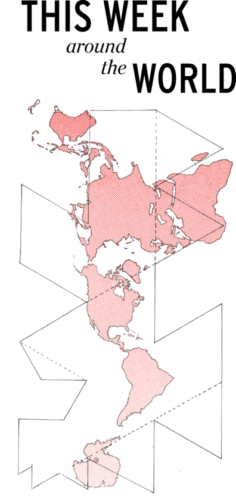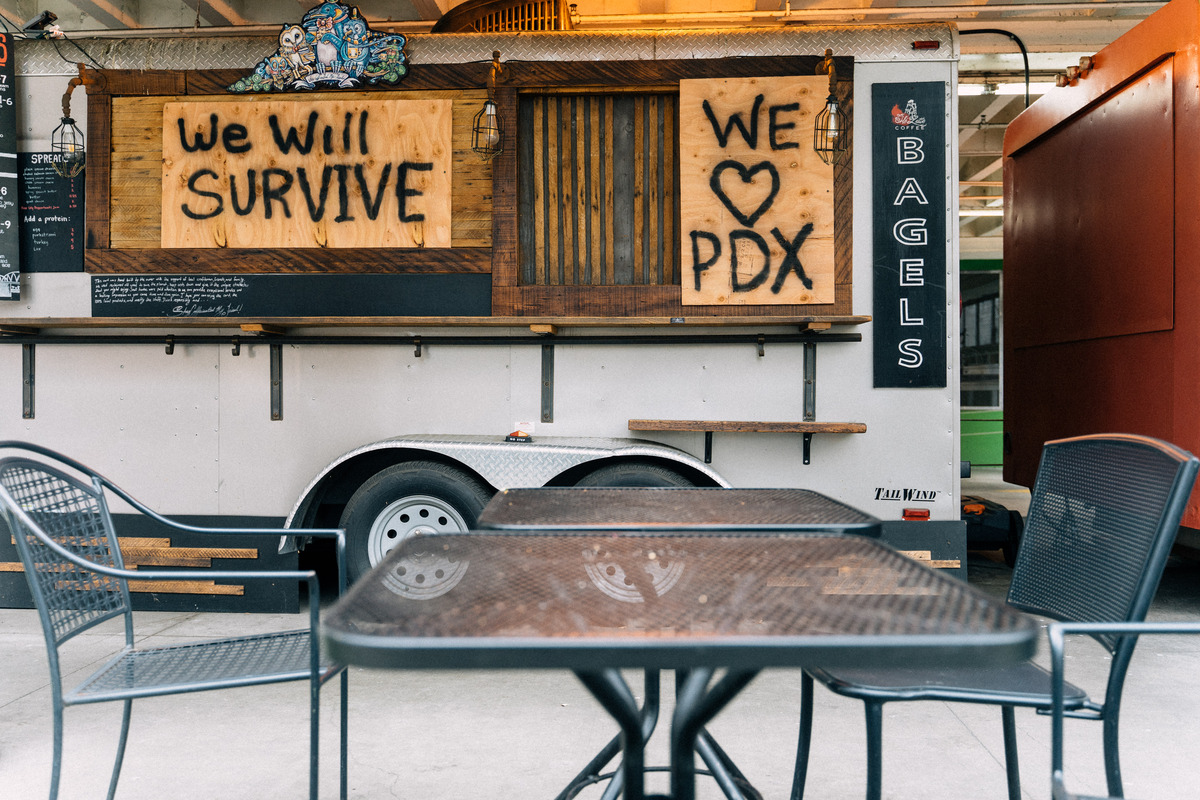March 22 Chhattisgarh, India: Between 300–350 Maoist rebels attacked a police patrol in the jungle region of Chhattisgarh state near the village of Elmaguda, killing at least 17 police and injuring an additional 15. The attack also resulted in the death of at least four rebels. “My tributes to the security personnel martyred in the attack,” tweeted Prime Minister Narendra Modi according to Al Jazeera. “Their valor will never be forgotten. Condolences to the bereaved families.” The rebels who orchestrated the attack claim they are inspired by former leader of China Mao Zedong and are fighting for the government to assist financially struggling communities. The conflict has been ongoing for approximately 40 years.
March 23 Tripoli, Libya: Rebel forces led by former military leader Khalifa Haftar attacked multiple targets throughout Libya’s capital city, killing five civilians and injuring at least one. The explosives were launched from the east before landing near two homes in southern Tripoli and the airport. One stray explosive hit a house outside of the attack sites. The attack comes days after the Libyan government and Haftar’s forces agreed to a momentary pause in the fighting during the COVID-19 pandemic. Multiple international organizations have called for a complete cessation of hostilities, including U.N. Humanitarian Coordinator for Libya, Yacoub El Hillo.
March 25 Tete, Mozambique: Authorities discovered 64 dead bodies inside of a shipping container attached to a truck after investigating banging noises coming from inside. There were 14 survivors. The victims were all Ethiopian men who were allegedly on their way to South Africa in search of better economic opportunities. While officials continue to investigate, the suspected cause of death is asphyxiation. Spokesperson for Migration Services Amelia Direito confirmed the truck driver and his assistant were both arrested following the discovery, but officials continue to search for the “intermediary who facilitated the illegal entry of the Ethiopians into the country,” according to Deutsche Welle.
March 25 Cairo, Egypt: At least 15 people were killed after a truck carrying construction supplies collided into a line of cars waiting at a checkpoint at a high speed. The individuals in the line of cars were waiting to have officials approve their exemption from the newly implemented 11-hour curfew that authorities hope will decrease the rate of COVID-19 transmission in the country. The curfew bans any and all transportation from 7 p.m.–6 a.m. every day unless an individual is granted an exemption by the government. An investigation into the exact causes of the accident is ongoing.
March 26 Israel: Opposition leader Benny Gantz of the Blue and White Party was elected by Israel’s Knesset as speaker of parliament after three inconclusive elections. Gantz was confirmed by 74 members of parliament. Multiple parties boycotted the election completely, and 18 voted against Gantz. Despite Gantz’s former claims that he would never consider forming a unity government with Prime Minister Benjamin Netanyahu’s Likud Party, it appears the two rivals will work together in the coming months, likely as a result of the ongoing COVID-19 pandemic, according to NPR. “These are unusual times and they call for unusual decisions,” Gantz said in a statement. “That is why I intend to explore the formation of an emergency unity government.”
March 28 Mexico City, Mexico: Despite his previous encouragement of residents pursuing their regular lives during the COVID-19 outbreak, President Andrés Manuel López Obrador and Deputy Health Minister Hugo Lopez Gatell asked all residents to remain inside their homes for at least the next month. “Don’t go out in the streets unless it is for something absolutely necessary,” López Obrador said in a statement, according to The Los Angeles Times. “We have to be in our homes. We have to maintain a safe distance.” Regardless of the new policy stance, the Mexican government has not yet implemented mandatory curfews, shelter-in-places directives or shut down the borders. Officials say this is an attempt to avoid a socioeconomic crisis.






